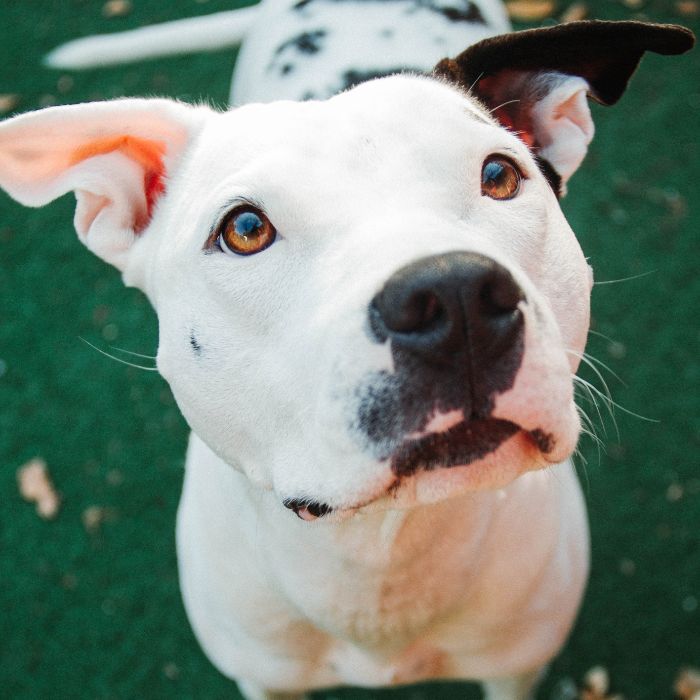GI Upset
Gastrointestinal (GI) upset can be a distressing experience for both pets and their owners. When your furry friend is suffering from vomiting or diarrhea, prompt and effective care is essential. At Charleston Veterinary Urgent Care, we provide expert assistance when your pet needs it most.
Understanding GI Upset
GI upset can manifest in various ways, including vomiting, diarrhea, appetite loss, and abdominal discomfort. These symptoms may arise due to multiple factors, such as dietary indiscretion, infections, or underlying health conditions. While some cases of GI upset may resolve on their own, others require medical intervention to prevent dehydration and further complications.
Symptoms of GI Upset
Recognizing the signs of GI upset in your pet is crucial for seeking timely veterinary care. Common symptoms include:
- Vomiting: Persistent or recurrent vomiting, especially accompanied by lethargy or blood in vomit, warrants immediate attention.
- Diarrhea: Loose or watery stools that persist for more than 24 hours or contain blood indicate a potential underlying issue.
- Abdominal discomfort: Signs of discomfort such as restlessness, abdominal bloating, or reluctance to eat may indicate GI distress.
Expert Care for Pet GI Upset
At Charleston Veterinary Urgent Care, our experienced veterinarians are equipped to diagnose and treat various causes of pet GI upset. Here’s how we can help:
- Comprehensive evaluation: We conduct a thorough examination to assess your pet’s condition, including a review of their medical history and current symptoms.
- Diagnostic testing: Depending on the severity of your pet’s symptoms, we may recommend diagnostic tests such as blood work, fecal analysis, or imaging studies to identify the underlying cause of GI upset.
- Individualized treatment: Our veterinarians develop personalized treatment plans tailored to your pet’s specific needs. Treatment may include dietary modifications, medications to alleviate symptoms, or supportive care to address dehydration.
- Monitoring and follow-up: We closely monitor your pet’s progress during treatment and provide guidance on home care to promote recovery. Follow-up appointments with your primary veterinarian may be scheduled as needed to ensure your pet’s continued well-being.
If your pet is experiencing GI upset symptoms such as vomiting or diarrhea, don’t wait. Seek veterinary care promptly at Charleston Veterinary Urgent Care in Charleston, SC. Our dedicated team is here to provide the expert assistance your pet needs to feel better fast. Contact us today to inquire about services or visit our facility for urgent care services. Your pet’s health is our top priority.

